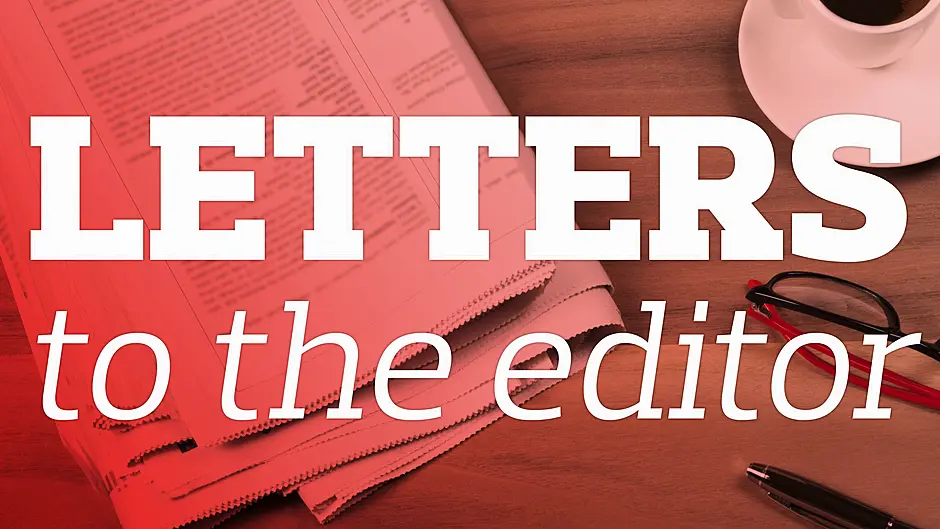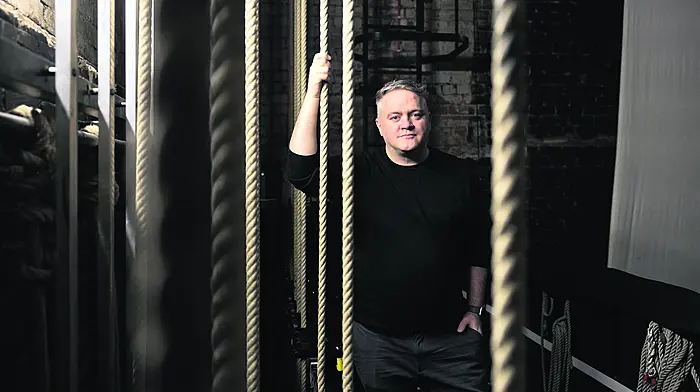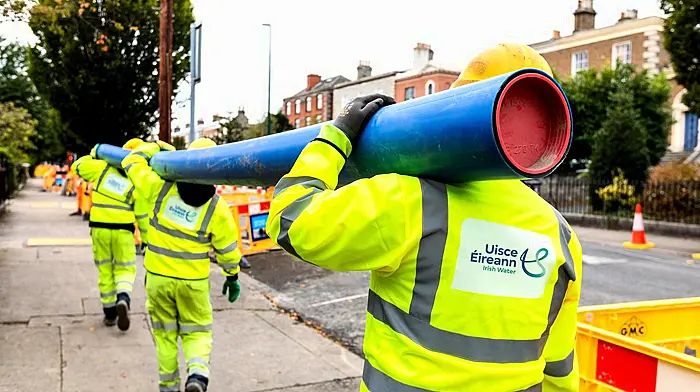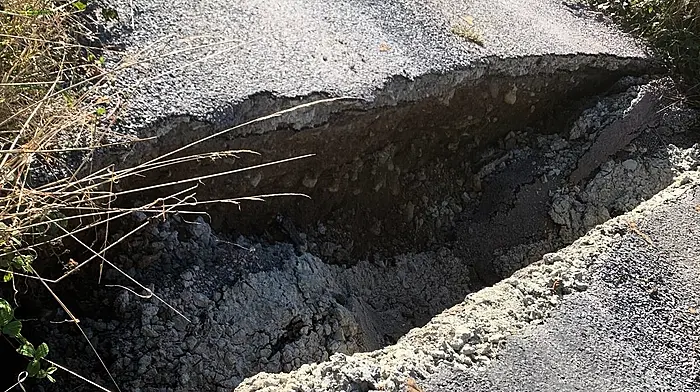EDITOR – AS Cop27 takes place in Egypt, the last three months have seen EU energy prices rise by almost 42% and fossil fuel giants make record profits.
They have been rewarding their shareholders with cash, buying back their own shares, increasing stock values, and the cutest of them simply reinvested the record profits to avoid paying tax.
For the rest of us, it’s a cold prospect with a winter of heating or eating, lending rates escalating, a recession in the offing and in case we need more suffering to test our moral fibre, or to offer up to God, depending on your persuasion, the carbon tax.
The Greens’ scheme to retro-fit homes to a B1 standard was supposed to be the meat in the climate crisis sandwich: 62,500 houses saving all that energy and all that money for their owners or tenants.
Sadly, it is pie in the sky. Only 89 homes have been completed, partly because of the crippling bureaucracy, partly the lack of builders to do the work, but mostly because of the cost. There have been less than 700 applications, but the average price is over €20,000. The range is between €12,000 and €70,000, which means that anybody on any kind of social welfare payment – the old, sick, disabled, lone parents or the unemployed, or many low paid workers, would need to starve for a year to cover the cost.
Current account subsidies to consumers are essential, because the government has shown a remarkable lack of planning and forethought, but energy not used keeps us warmer and the planet cooler than pouring taxes into the privatised electricity market.
The price of insulation is shooting up, too. It is mostly made from fossil sources, plastics, or the very energy-intensive rockwool. Yet every year the bulk of the around 9,000 tonnes of natural fibre, produced by our sheep each year from Irish pastures, goes to waste. The wool insulation available here is coming from the UK, treated chemically and mixed with plastic, or electrically treated from Austria. The Austrian product is naturally fire retardant, regulates moisture in a building’s air and is moth-proof without chemicals.
We could have this natural blanket going into our homes and public buildings, if this government had the political will and would invest for the future and the climate by building an adequate washing and treatment plant.
The insulation produced from our own countryside, and washed and treated here, would create jobs, cut transport energy use, cut fossil dependence and reduce farm sector emissions, as it increased farmers’ incomes.
Time to get the establishment out of their electric cars and off their bikes in the urban cycle lanes and into the fields and hills of rural Ireland. If you don’t want to wait for that fine day to make your point, then join the cost of living protest on November 12th in Dublin, and all major cities.
Ed Harper,
Cape Clear.
West Cork







